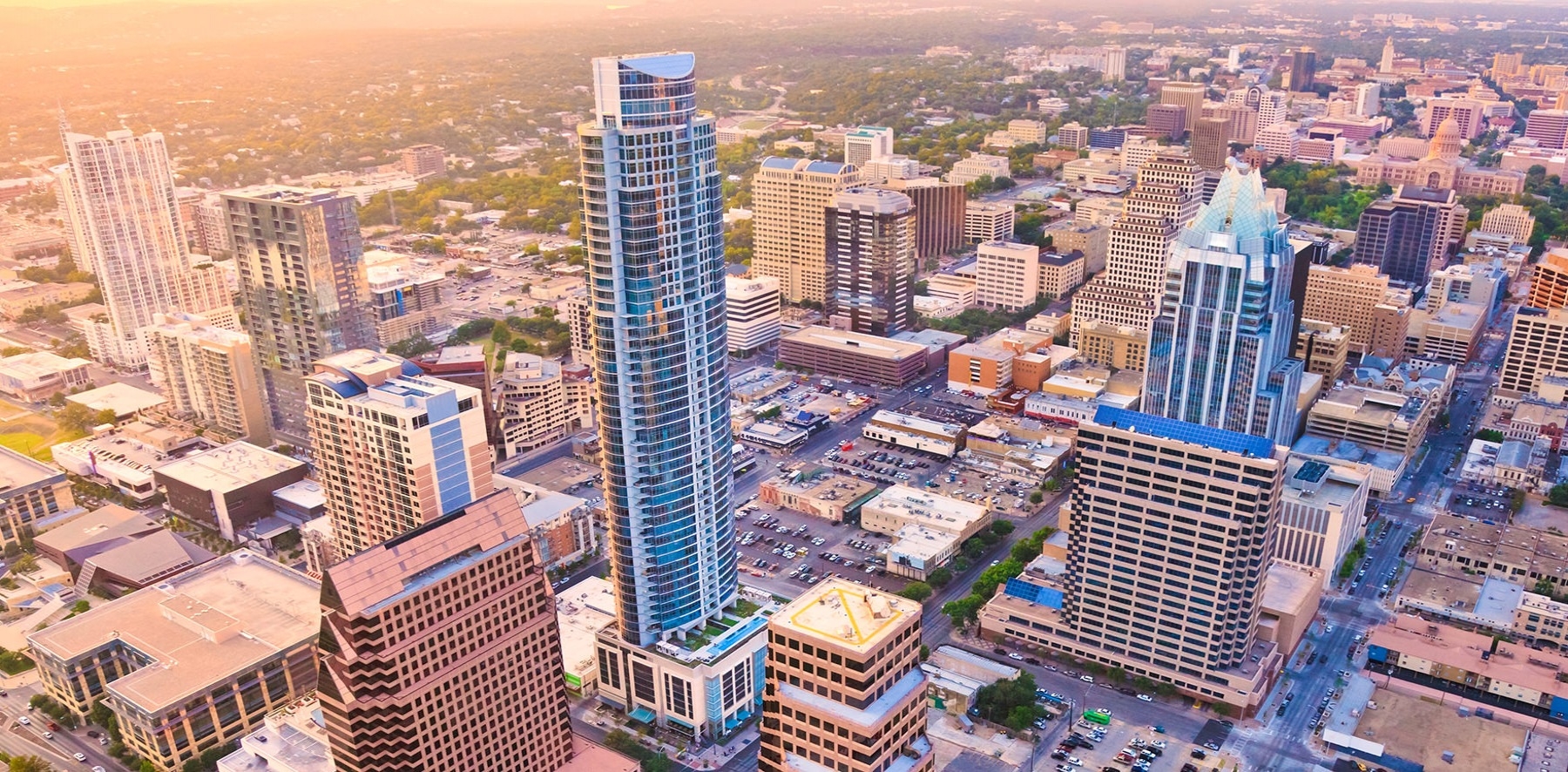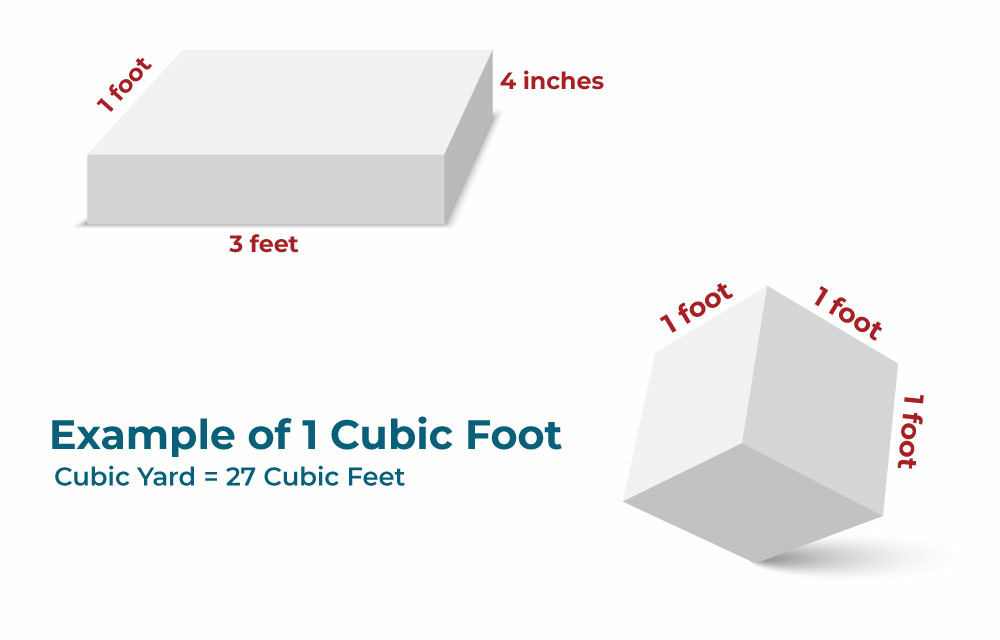For the first time in nearly a decade, demand for life sciences and biotech real estate in Philadelphia is showing signs of slowing, if only temporarily.
The state of the US economy, particularly over the past few months, is one of the main reasons why.
Tyler Vandegrift, managing director at JLL Philadelphia, said a shaky stock market and record inflation have contributed to some companies hitting the pause button on their search for space, including lab, manufacturing and an office. Other companies, he said, are still looking but want to take up less space, marking a “cooling off” to what would otherwise be a hot sector year after year.
“Since probably one or two years ago, it was kind of full speed in front of those plans, the operation of the real estate and their facilities evolved. Now it’s ‘Okay, let’s look again at what we’ve been planning. Let’s think about how much space we need. Let’s think about the impact on our balance sheet,” Vandegrift said.
According to his agency’s calculations, there are approximately 20-25% less tenants in the market, as well as total square feet compared to the same time last year.
But while the sector is down, it is nowhere near free fall. And other major cities, including Boston, are experiencing sharper declines.
One indicator: For the first time, a handful of developers are building lab space on spec in Philadelphia, meaning they’re creating space based on market demand, not a specific tenant’s request. Until recently, this only happened in the country’s major life sciences markets, including San Francisco and San Diego.
In March, a pair of developers — Mosaic Development Partners and Ensemble Real Estate — announced they were partnering with Oxford Properties Group to create up to three million square feet of life sciences properties.
The deal covers more than 100 acres at the Navy Yard in South Philadelphia and includes five existing biotechnology buildings and two planned biotechnology buildings – a laboratory, an office building, and a drug manufacturing plant, according to the Philadelphia Inquirer.
Separately, Spark Therapeutics, a Philadelphia-based gene therapy company, is building a $575 million laboratory and manufacturing center on the campus of Drexel University in University City. And Achilles Therapeutics, a UK-based biopharmaceutical company, recently signed a three-year lease for the space on North Broad Street. It will be the site of its headquarters in the United States.
In addition, Vandegrift said, all of the Philadelphia incubator spaces for biotech companies are full.
“Overall, we still feel really positive and bullish about the future of this industry. We don’t think it’s going back,” Vandegrift said.



